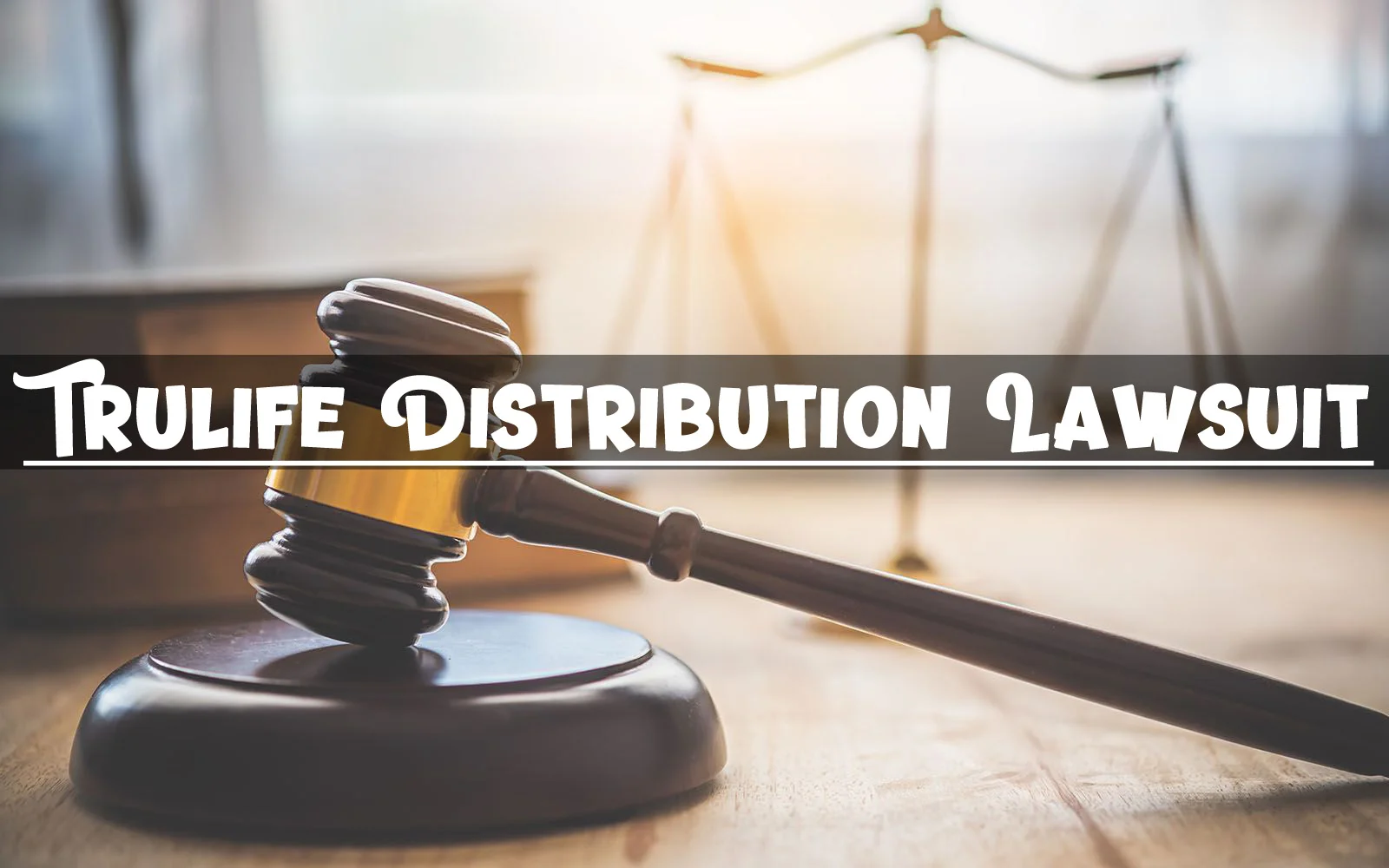
In recent times, the business world has been abuzz with discussions surrounding the Trulife Distribution lawsuit. This legal saga has captured the attention of industry insiders and observers alike, raising questions about corporate ethics, contractual obligations, and the complexities of distribution agreements. Let’s delve into the intricacies of this case to gain a deeper understanding of its implications and the broader lessons it offers.
Background of Trulife Distribution
Trulife Distribution, a company operating in the health and wellness sector, gained prominence for its distribution of dietary supplements and wellness products. With a growing market presence and a network of distributors, Trulife seemed poised for success in an increasingly health-conscious consumer landscape. However, beneath the surface, tensions brewed that would eventually erupt into a legal battle.
The Lawsuit Unfolds
The crux of the lawsuit revolves around allegations of breach of contract and deceptive business practices. Reports suggest that several distributors of Trulife products initiated legal action against the company, claiming that Trulife failed to fulfill its contractual obligations. Among the grievances cited were delayed payments, inadequate support, and discrepancies in product quality.
Furthermore, some distributors accused Trulife of engaging in deceptive practices, such as misrepresenting sales figures and withholding critical information about product ingredients. These allegations struck at the heart of the distributor-company relationship, eroding trust and casting a shadow over Trulife’s reputation.
Legal Maneuvers and Counterclaims
As the lawsuit progressed, both sides engaged in a flurry of legal maneuvers and counterclaims. Trulife vehemently denied the allegations leveled against it, asserting that it had complied with all contractual agreements and maintained transparency in its dealings with distributors. The company also sought to deflect blame onto the distributors themselves, accusing them of failing to meet sales targets and violating distribution agreements.
Meanwhile, the distributors remained steadfast in their pursuit of justice, presenting evidence to support their claims of contractual breaches and deceptive practices. With each legal volley, the stakes escalated, turning what began as a dispute between business partners into a high-stakes legal showdown.
Implications and Lessons Learned
The Trulife Distribution lawsuit offers several important lessons for businesses operating in competitive industries:
Transparency and Accountability: Maintaining transparency in business dealings and holding oneself accountable for contractual obligations are crucial for fostering trust and credibility.
Communication and Support: Effective communication and robust support mechanisms are essential for nurturing strong relationships with distributors and stakeholders.
Compliance and Ethics: Upholding ethical standards and ensuring compliance with regulations are non-negotiable aspects of business operations that can safeguard against legal entanglements.
Due Diligence: Conducting thorough due diligence when entering into distribution agreements can help identify potential red flags and mitigate risks before they escalate into costly disputes.
Resolving Disputes Amicably: Prioritizing amicable resolution mechanisms, such as mediation or arbitration, can help prevent protracted legal battles that drain resources and tarnish reputations.
Conclusion
The Trulife Distribution lawsuit serves as a cautionary tale for businesses navigating the complex terrain of distribution agreements and contractual relationships. By heeding the lessons learned from this legal saga, companies can fortify their practices, cultivate trust with partners, and steer clear of the pitfalls that ensnared Trulife. As the legal proceedings unfold, the outcome of this case will undoubtedly reverberate throughout the industry, shaping future business practices and standards of conduct.
